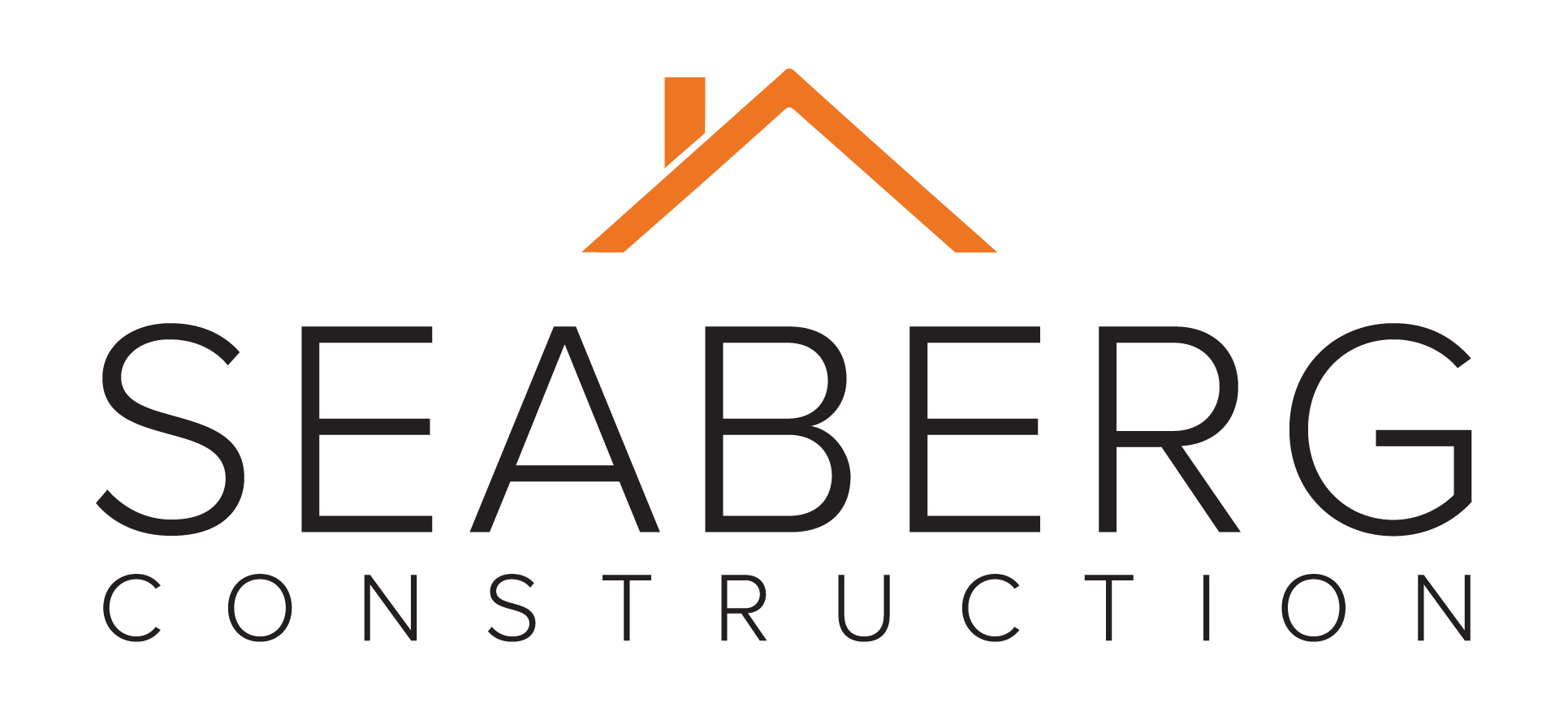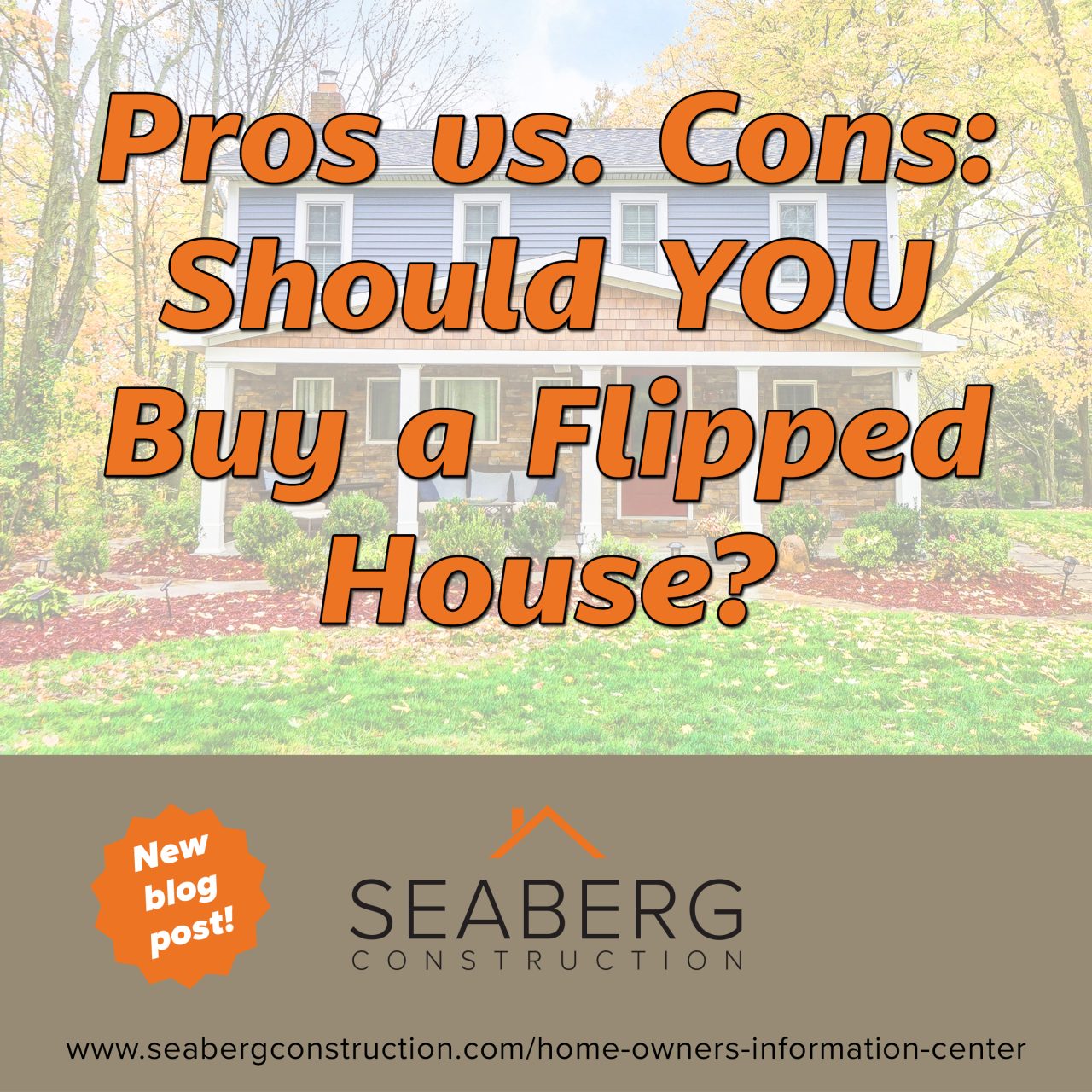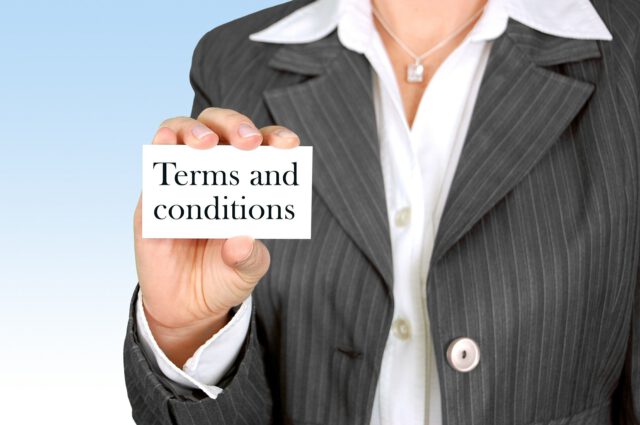What is a Flipped House?
First, it’s important to clarify what constitutes a flipped house. Real estate investors buy homes, often in poor condition, and renovate them to sell at a higher price. The renovations may include cosmetic updates like new paint and flooring to major structural changes such as new roofs or updated electrical systems.
Flipping homes can be profitable for investors and provide potential buyers with updated modern homes. But not all flipped houses are created equal, and it’s important to carefully weigh the pros and cons before making your purchase.
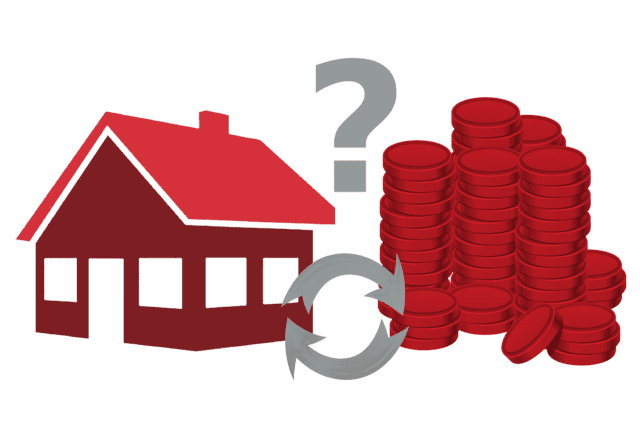
The Pros of Buying a Flipped House
1. Move-In Ready Home
One of the most appealing benefits of buying a flipped house is the convenience. Most flipped homes are move-in ready. That means you won’t need to deal with major renovations or repairs upon purchase. Many buyers, especially first-time homeowners or those with busy lifestyles, appreciate the fact that a flipped house often requires little immediate work.
- Updated Kitchens and Bathrooms: Flipped homes often feature modern, up-to-date kitchens and bathrooms—two of the most expensive and time-consuming areas to renovate. Investors know these rooms add the most value, so they focus on upgrading appliances, countertops, and fixtures.
- Cosmetic Appeal: Fresh paint, new flooring, modern light fixtures, and attractive curb appeal are common in flipped homes. These updates can make the house look brand new, even if it’s several decades old.
2. Faster Transaction Process
Since flipped homes are renovated and ready to go, the buying process can move more quickly than purchasing a traditional home. There’s no need to wait for a homeowner to finish repairs or upgrades, and in many cases, the home is vacant, allowing for a smooth and fast closing process.
- Minimal Delays: The seller is often an investor or professional company rather than a family or individual, which means fewer emotional ties and less hesitation on the seller’s side. Negotiations may be more straightforward, helping to move the transaction along at a quicker pace.
3. Increased Home Value
Buying a flipped house may allow you to own a home that has increased in value thanks to the renovations. If the investor did a thorough and high-quality job, your home could be worth significantly more than it was before the flip.
- Higher Property Value: Renovations like new roofs, updated HVAC systems, or brand-new kitchens and bathrooms can add significant value to a property. In many cases, the improvements made during the flip increase the home’s market value, which could provide long-term appreciation if the property continues to rise in value.
- Energy Efficiency: Many flipped homes feature energy-efficient appliances and systems that reduce your ongoing costs. From high-efficiency HVAC systems to Energy Star-rated appliances, these improvements can save you money on your energy bills in the long run.
4. Modern Design and Functionality
Many flipped homes feature modern layouts and design elements that appeal to contemporary tastes. Whether it’s an open-concept floor plan, a sleek kitchen design, or trendy finishes, buying a flipped house often means owning a property with a fresh, modern aesthetic that aligns with current design trends.
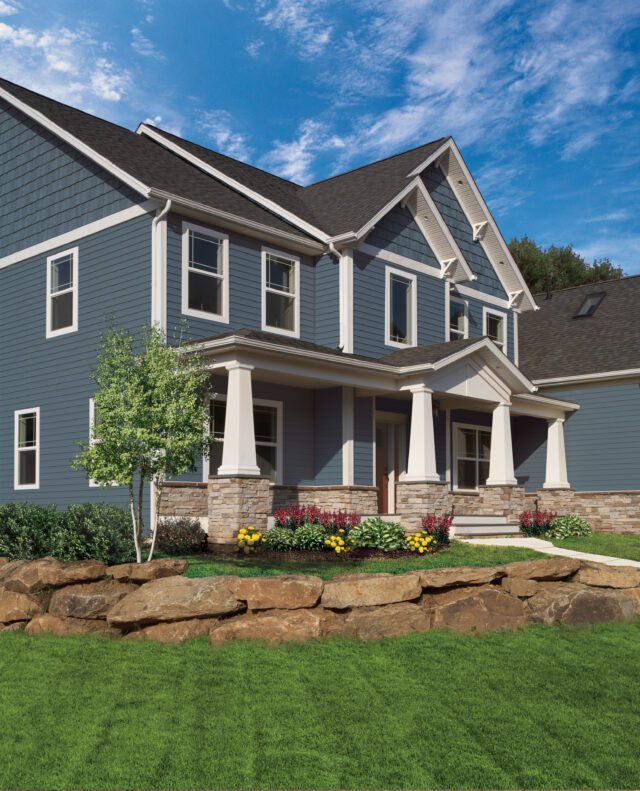
The Cons of Buying a Flipped House
While flipped houses offer many appealing benefits, there are also potential drawbacks that should not be overlooked.
1. Quality of Renovations Can Vary
One of the biggest risks associated with buying a flipped house is the potential for poor-quality renovations. Not all flippers are experienced contractors or builders. Some may cut corners to maximize their profit margins, which could lead to hidden problems down the road.
- Superficial Fixes: Some flippers focus on cosmetic upgrades that make the home look appealing on the surface but fail to address deeper, structural issues. For example, the house may have new countertops and cabinets, but the plumbing or electrical systems could be outdated or faulty. This can lead to costly repairs after the purchase.
- Unpermitted Work: Some investors may perform renovations without obtaining the necessary permits or adhering to local building codes. This can create major problems for buyers if they discover unpermitted work after the sale. It’s important to verify that all renovations were done in compliance with local regulations.
2. Higher Purchase Price
Flipped houses tend to come with a premium price tag due to the renovations. The investor typically needs to recoup the costs of the improvements, plus make a profit, which means you’ll likely be paying more for the home than its previous owner did.
- Overpriced Homes: In some cases, investors may overestimate the value of their renovations and list the home at a higher price than it’s actually worth. It’s important to work with a qualified real estate agent who can provide a comparative market analysis (CMA) to ensure you’re not overpaying.
3. Potential Hidden Problems
While flipped homes look new on the outside, they may still have underlying issues that aren’t immediately visible. Older homes, in particular, can have hidden problems that weren’t addressed during the flip, such as foundation issues, plumbing leaks, or outdated electrical wiring.
- Masking Major Issues: Some investors may prioritize aesthetic upgrades while neglecting or masking more significant issues. For example, a fresh coat of paint may hide water damage or mold, or new flooring may cover structural problems in the foundation.
- Less Attention to Detail: Time is money for house flippers, and some may rush through renovations to get the house back on the market as quickly as possible. This can result in shoddy workmanship or missed details that could become problems for the new homeowner.
4. Limited Customization
When buying a flipped house, you’re purchasing someone else’s design choices. While the renovations may be appealing and modern, they may not fully align with your personal preferences. Unlike buying a fixer-upper, you don’t have the opportunity to customize the home to your specific tastes during the renovation process.
- Design Choices You Don’t Love: The flipper likely made decisions based on broad market appeal rather than catering to individual preferences. If you have a particular style in mind for your home, you may find that you need to make further changes to the flipped property to suit your taste.
Tips for Buying a Flipped House
If you’re considering purchasing a flipped house, here are a few tips to help ensure you make a smart and informed decision:
- Hire a Qualified Home Inspector: Always have the home thoroughly inspected by a licensed home inspector, even if it looks brand new. A good inspector can identify potential issues that may not be immediately visible.
- Verify Permits and Compliance: Make sure all major renovations were completed with the appropriate permits and are up to code. Your home inspector and real estate agent can help you verify this information.
- Work with a Real Estate Agent: A real estate agent experienced in flipped properties can help you navigate the process, negotiate a fair price, and ensure that you’re making a wise investment.
- Do Your Research on the Flipper: Research the reputation of the person or company that flipped the home. If possible, look for reviews or testimonials from previous buyers of their properties.
Conclusion
Buying a flipped house offers several advantages, from the convenience of a move-in-ready home to modern designs and increased home value. However, the potential downsides—such as poor workmanship, hidden issues, and higher purchase prices—mean it’s essential to approach with caution.
By understanding the pros and cons, doing your due diligence, and working with the right professionals, you can make an informed decision that ensures your flipped house is both a beautiful and sound investment.
Read Seaberg Construction’s Google reviews left by homeowners like yourself: https://tinyurl.com/kkxwhx8k
Follow us on Facebook: www.facebook.com/seabergconstruction and Instagram: www.instagram.com/seabergconstruction to stay up-to-date with our current projects and news.
To obtain your complimentary estimate from Seaberg Construction, please complete the form available on our website: https://seabergconstruction.com/about-us-roofing-company/contact-us/
And, don’t forget to read our other blog posts for more home improvement tips and ideas: http://seabergconstruction.com/home-owners-information-center/

